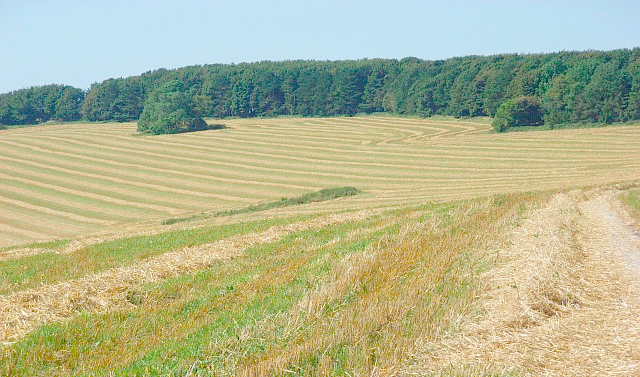
Farmland prices in the UK have dropped back below £8,000 an acre, falling by 3% during the first three months of 2016, according to a new report.
The drop was the largest since the 5% decrease that occurred following the collapse of Lehman Brothers in 2008.
"How much of that is due to worries about a potential exit from the EU is hard to gauge," said Clive Hopkins, Head of Farms and Estate at Knight Frank.
"My personal feeling is that the sustained period of growth we’ve been experiencing – prices have risen by almost 180% over the past 10 years – was due for a natural pause anyway.
"But, without doubt, what the referendum is creating is uncertainty, and property markets of all types generally don’t like uncertainty."
The report said the referendum was coming at a time of uncertainty when farming remains in an on-going commodity price slump.
In Scotland, because of a combination of poor commodity prices and the introduction of the new Basic Payment Scheme, land prices weakened.
"There is a lot of uncertainty in the air as to when commodity markets will start to recover and the implications of a potential ‘out’ vote at the EU referendum," said Tom Stewart-Moore, Scottish Farm Sales, Knight Frank.
"While we don’t expect land prices to rise in 2016, prime units with scale or farms with diversification opportunities will continue to sell well. Demand for farmland remains firm despite adversity."
However the report said demand was still being seen for big blocks of land from a range of investors.
Hopkins said an increased interest in blocks of land that come with 'value-add opportunities' such as diversified income streams was recorded.
"Another trend we have noticed, perhaps because of the slightly reduced emphasis on bare arable land, is that investors are looking further afield," he said.
